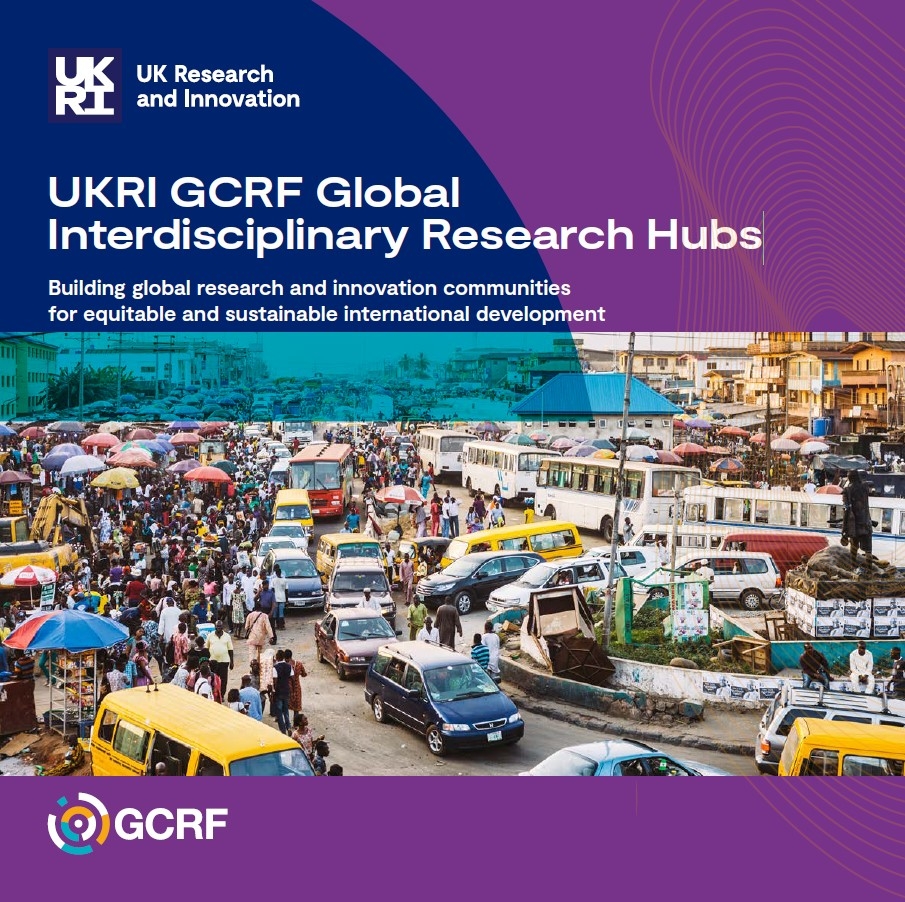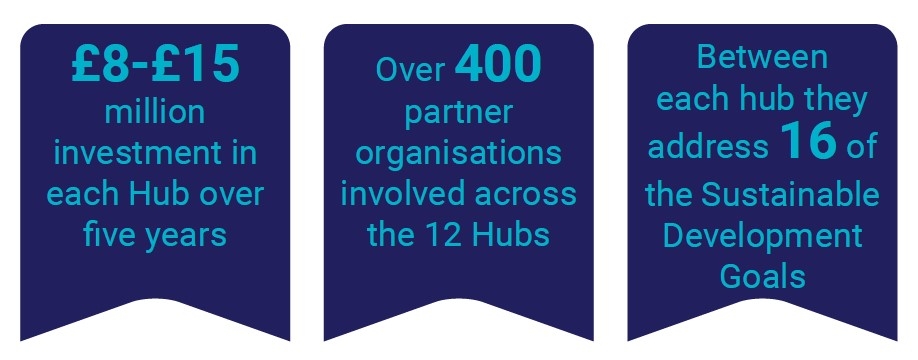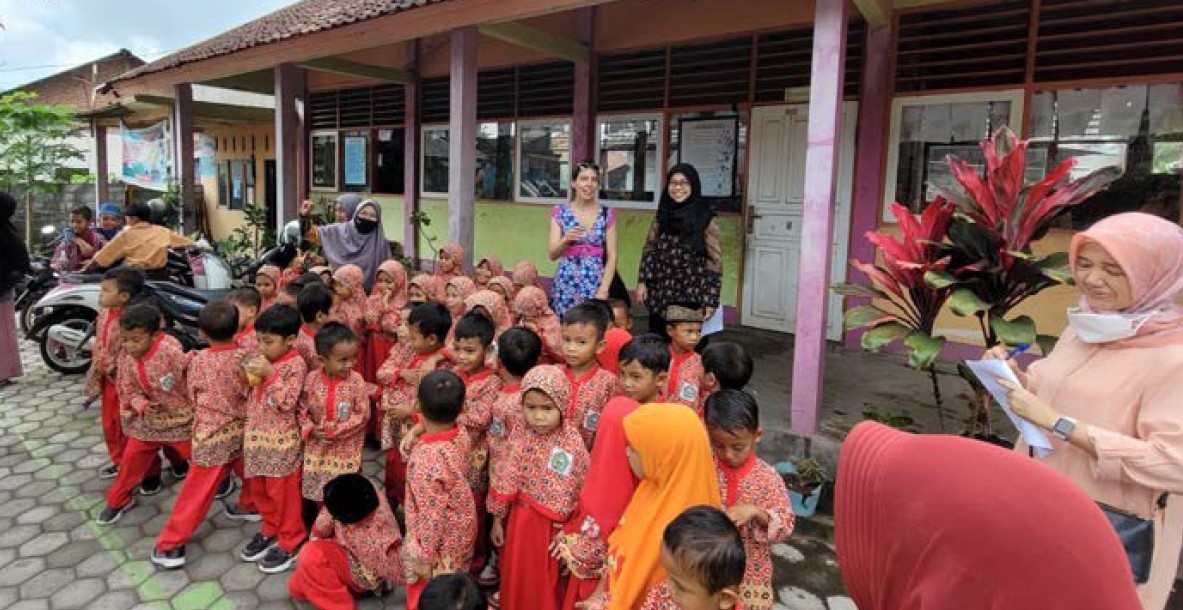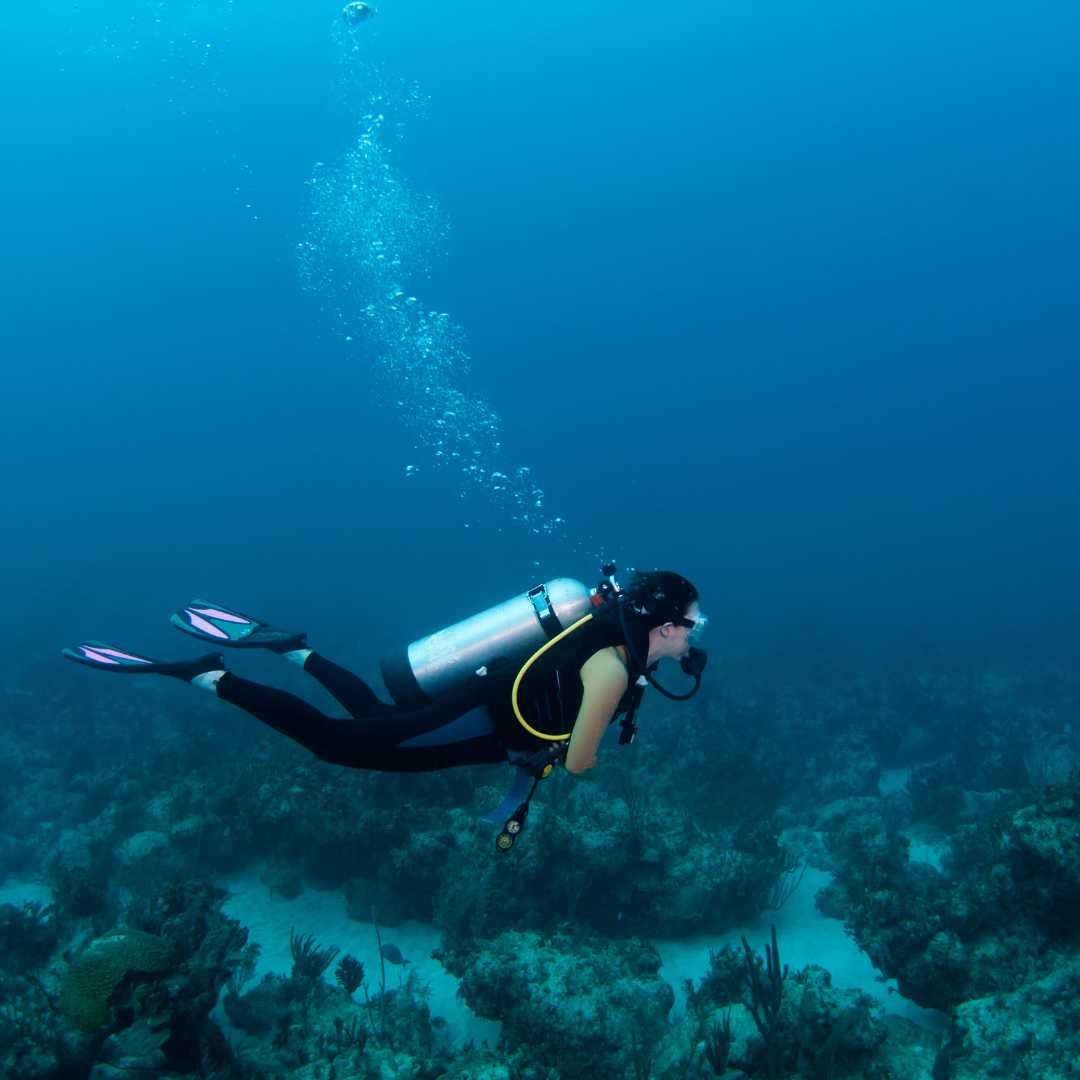
In 2019 the UK Research and Innovation launched an international research programme aimed at tackling some of the most pressing challenges of our time. The Global Challenges Research Fund (GCRF) is particularly directed at developing countries where the fallout effects of the COVID-19 pandemic, devastating extreme weather events and the far-reaching ramifications of war are a barrier to human and societal development.
The programme, part of the UK’s official development assistance (ODA) and managed by the Department for Science, Innovation and Technology is funding 12 multinational interdisciplinary Research Hubs, the scale and scope of which are a first, focused on finding solutions to acute challenges which have proved resistant to change in the past and cannot be solved by one single organisation, discipline or country alone.

Meet the 12 projects part of the GCRF
Accountability for Informal Urban Equity (ARISE)
The ARISE Hub brings together partners from the UK, India, Sierra Leone, Bangladesh and Kenya working to empower ‘slum’ dwellers to improve their health and wellbeing.
Accelerating Achievement for Africa’s Adolescents (ACCELERATE)
Working with adolescents in resource-limited settings across Africa, as well as with interdisciplinary research teams, policymakers and Non-Governmental Organisations (NGOs) from around the world, ACCELERATE aims to generate evidence to understand the most effective combinations of interventions across all the sustainable development goals.
Action Against Stunting Hub
Action Against Stunting is pioneering a unique ‘whole-child’ approach to stunting - impaired growth and development that children experience from poor nutrition, repeated infection, and inadequate psychosocial stimulation - aimed at identifying the context in which stunting occurs.
The hub works with communities across India, Indonesia and Senegal, alongside partners and organisations from local governments to civil society organisations, and seeks to implement more effective approaches to prevention and reduce child stunting by up to 10% and with long-term impact.
Gender, Justice and Security Hub
The Gender, Justice and Security Hub is a research network working with local and global civil society, practitioners, governments and international organisations to advance gender justice and inclusive peace.

A monitoring, evaluation and learning test being conducted at an Early Childhood Education Centre in East Lombok, Indonesia. Credit: Winda Hapsari (Indonesia Hub -Action Against Stunting)
Living Deltas Hub
Globally, over 500 million people are living in delta regions which are under threat from climate change, rising sea levels, industrial farming techniques, and pollutants. Living Delta’s Hub is researching ways to mitigate and adapt to the effects of climate change by understanding what sustainable delta livelihoods look like
One Health Poultry Hub
Fuelled by population growth and urbanisation, poultry production has doubled globally in the past 20 years. Working in Bangladesh, India, Sri Lanka and Vietnam the One Health Poultry Hub is working to help meet Asia’s demand for chicken meat and eggs while minimising risk to local and global public health.
One Ocean Hub
The ocean produces over half of the world’s oxygen, absorbs carbon dioxide, provides us with food, and supports the livelihoods cultures and wellbeing of millions of people. The One Ocean Hub is striving to empower communities who are most reliant on the ocean, especially small-scale fishers, women and children, to inform decisions on ocean conservation and its sustainable use.
South Asian Nitrogen Hub
Humans have massively altered nitrogen flows on our planet, leading to both benefits for food production as well as creating multiple threats to the environment. The South Asian Nitrogen Hub is tackling the nitrogen challenge by bringing together experts from leading research organisations across South Asia. The Hub’s research includes how to improve nitrogen management in agriculture and investigating how nitrogen is impacting ecosystems.

Coral reef nitrogen enrichment experiments in the South Asian Nitrogen Hub.
South-South Migration, Inequality and Development Hub (MIDEQ)
Migration between the countries of the Global South accounts for over a third of all international migration, up to 70% in some places. South-South migration has the potential to reduce poverty and inequality and create opportunities for work, in turn contributing to the delivery of the Sustainable Development Goals.
The MIDEQ Hub is unpacking the complex and multidimensional relationships between migration, inequality and development in the context of the Global South by working across a network of 12 countries, organised into 6 migration ‘corridors’.
Trade, Development and the Environment Hub
World leading experts have predicted that millions of species are threatened with extinction, with ‘habitat destruction’ and ‘direct exploitation of organisms’ being the two largest causes of wildlife loss globally.
The TRADE Hub investigates the trends and impacts of trade in deforestation-linked
agricultural commodities, wildlife and wild meat. It looks at policy and business rules and seeks to promote a change to more sustainable production and consumption.
Tomorrow's Cities - Urban Disaster Risk Hub
UN estimates that by 2050, 2 billion more people will live in urban centres worldwide, 95% in the global south. This historically unprecedented urban expansion where 70% of the world population will inhabit cities, will produce a similar increase in disaster risk. Almost 1 billion of the world urban population will be exposed to devastating earthquakes and hundreds of millions will see increasing threats from floods, and landslides that are amplified by accelerating climate change.
Working currently across 7 cities, increasing up to 10 in the next year, Tomorrow's Cities is working to catalyse a transition from crisis management to socially inclusive, risk-sensitive decision-making and planning. Through interdisciplinary research and working with international agencies, the Hub is bringing disaster risk management to the centre of global urban policy and impact.
Water Security and Sustainable Development Hub
Nearly 80% of the world’s population live in areas where water security is thwarted by pressures like climate change, conflict, ecosystem damage, extreme weather, gender inequalities, land degradation, over-abstraction, pollution, poor governance and uncontrolled urbanisation. The Water Security and Sustainable Development Hub brings together an international, multidisciplinary team to address threats and contribute to achieving Sustainable Development Goal 6: Clean Water and Sanitation.
Download the UKRI-GCRF brochure